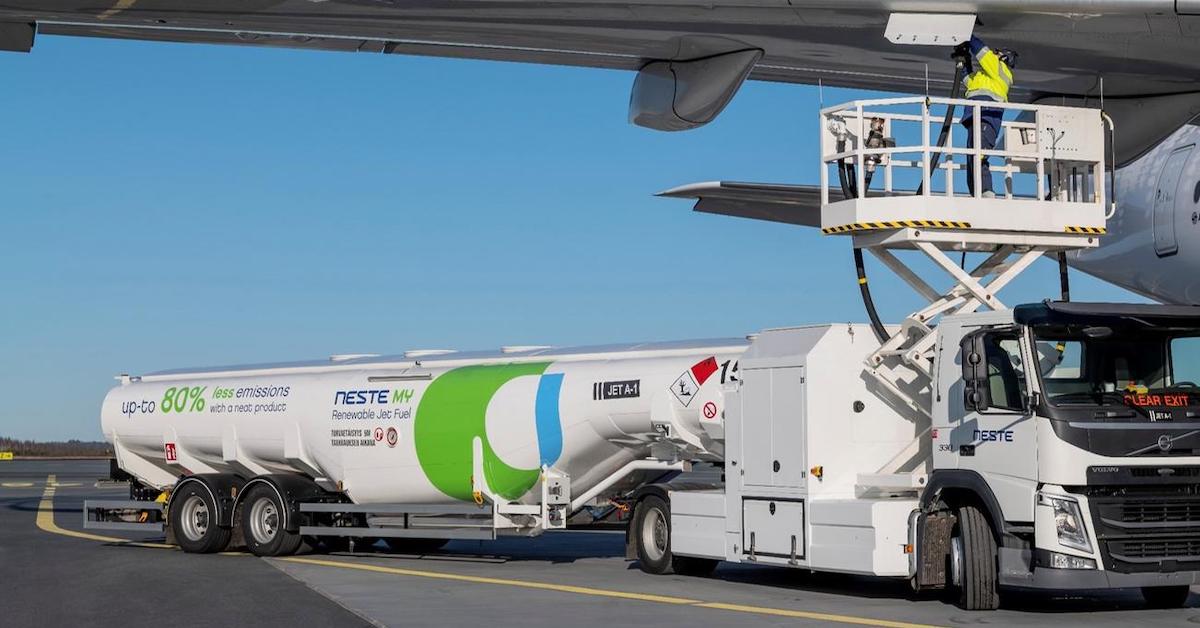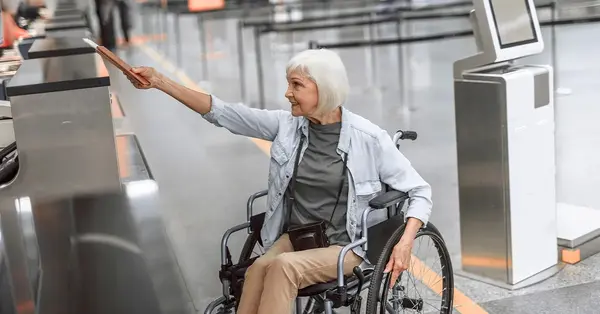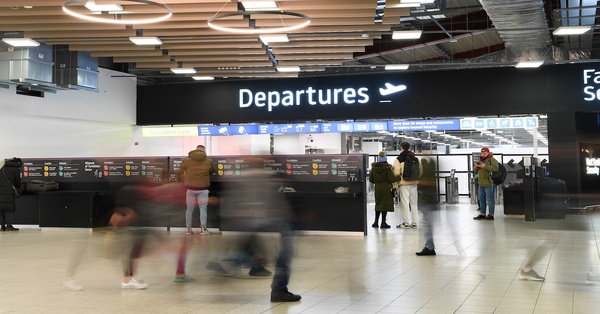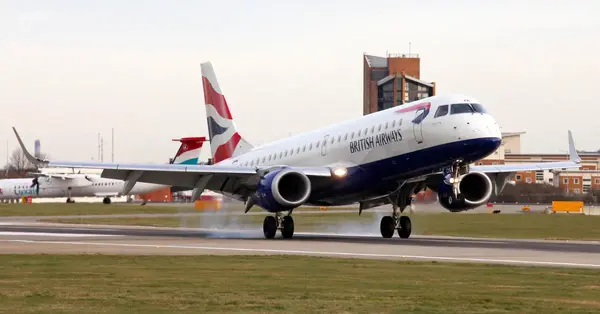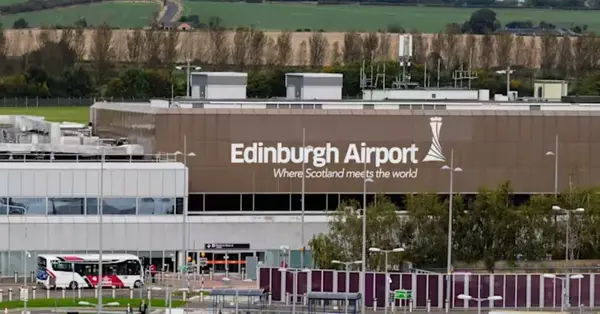You are viewing 1 of your 2 free articles
Iata warns aviation ‘not making progress we hoped’ in cutting carbon
Aviation is not making sufficient progress on decarbonisation and risks missing ‘net zero’ targets without a rapid progress on sustainable aviation fuel (SAF) production, Iata has warned.
Willie Walsh, Iata director general, accused politicians of failing to address the issue of decarbonising aviation “in a coordinated fashion” saying he is not confident airlines will hit an EU target of 6% SAF use by 2030.
The UK has set a 10% SAF target by 2030, with a government SAF mandate coming into force on January 1 this year.
Walsh said: “We’re not making as much progress as we hoped for or that we need.”
He noted the EU Aviation Safety Agency (EASA) has reported the EU should meet its 2030 SAF target but said: “I’m not as optimistic as EASA. The EU’s 2040 target [of 34% SAF] will be extremely difficult. We’re not where we aimed to be.”
Walsh argued: “There is a belief if you mandate SAF it will be produced, but that is not happening. The industry can’t do this on its own.”
He noted mandates could result in producers being fined if sufficient SAF is not produced and said: “They don’t care. They just pass the cost [of fines] on to airlines and they inevitably pass it on to consumers.”
Walsh argued fuel producers’ behaviour “shows the inadequacy of a mandate”, adding: “Major fuel producers have pulled back on their commitments. We’re not seeing as much action on their part.”
He suggested: “We had seen progress in the US which led the way with a major boost to sustainable fuel facilities with the Inflation Reduction Act and investment in facilities to develop SAF. Europe has not taken the same approach.
“We’ve not seen as much investment in new bio refineries [as hoped] and they take five years to get up and running.”
Incoming President Donald Trump has pledged to reverse the Inflation Reduction Act of 2022 which included substantial funding for clean energy production, including SAF.
However, Walsh suggested Trump’s return could prove “a net positive” for aviation.
He said: “The general expectation is some measures will be reversed. Whether that impacts the development of SAF facilities is unclear. On balance, we see a Trump administration as a net positive for the industry.”
Walsh argued: “The approach of the Biden administration to regulation has been worrying [and] the second Trump administration is likely to reverse some of the regulation.”
He insisted: “We need governments to see the role they can play. These [SAF] facilities would produce fuels that can be used by other forms of transport. This is about a global transition to a sustainable fuel economy.
“There is not a full understanding of that. We’re not asking for something special for the industry.”

